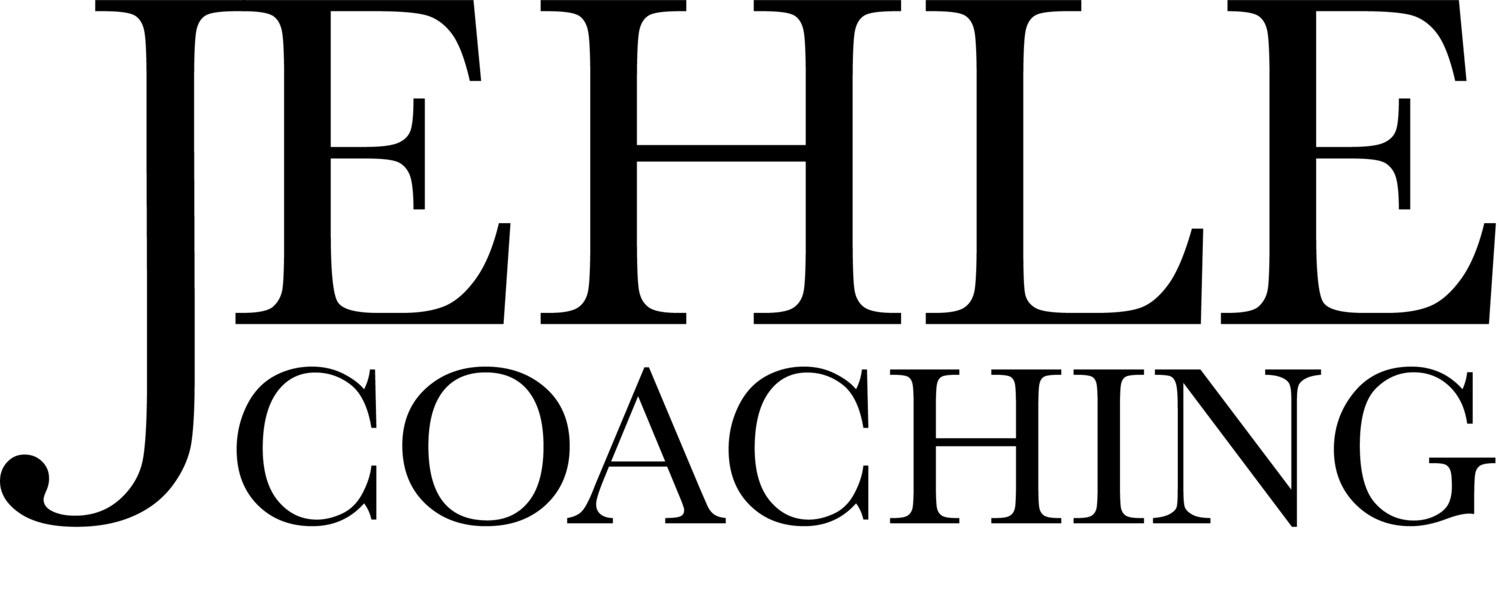What is supervision, anyway?
I would like to tell you what supervision is (vs. coaching), because many of you have asked, as I have begun my training to be a supervisor, EASC.
So, first I will give you the (sort-of-translated and embellished) definition my group arrived at last week:
Supervision isa relational process where the client(s) reflect on and develop their personal resources for positive change. It’s an inductive learning process that serves both the client’s personal and career-oriented needs for change, and has the goal of optimizing and providing security in the client’s work and personal development.
Last week, I had the first four days of supervision training (it will last 36 days from 9am-6pm) where I and my colleagues learned the overview and had some supervision practice.
Supervision can have many settings: one-to-one supervision, in groups, in teams, in organizations (for change), with leaders, with other coaches, with social workers and psychologists, or with health professionals like doctors and nurses. I will have to have at least one team /group supervision, so any of you looking for someone- I’m your woman!
Both supervision and coachingare solution-oriented and looking at career/work life. Both focus on these four areas of competency: character and personal (EQ); organizational and systemic; relational and social (EQ); and finally, “fit to perform”: occupational, decision-making, work responsibilities, and ability to perform at work.
So, here is a run-down of the supervision history, goals and areas of focus:
· Historically from the helping and medical professions
· Change via reflection
· Focusing also on the “Why” that whatever brought about the issue for the client
· A learning process to discover and develop the client’s resources
· Whole-life view: work/career and home, past present and future
· Development in client to be “fit for work”
· Longer look at efficacy of client with a solution (success) for the long-term
· There is absolutely no need for the supervisor to have knowledge of the client’s occupational field
· The goal is not Just the goal, but also the path, the way the client reaches to goal: it’s a process.
· Looking for balance and also how the client’s biography affects their work-life and home-life
· Topics of supervision for single clientsinclude: roles, identity, profession; in groups: themes from same career (eg, for teachers), case studies, group dynamics in the supervision process; for teams: general team development, role clarification, defining the rules and norms, team development for its influence in the organization; in projects: role clarification, focus on group dynamics, company/leader-set topics, interventions that are mostly project-oriented; and finally in organizationalchange: role clarification, group dynamics, and change process support
Now let me compare coachingin it’s history, goals and areas of focus
· Focus on change of skills and actions, mostly at work
· It’s short-term and activity-oriented
· Functionality of the client’s work is enhanced
· The orientation is present and future, leaving the past (and the “Why”) to supervision
· There’s a shorter view of solutions, generally is a shorter process
· The goal is the goal- period
The different methods and theories used in supervision come from:
· Psycho-analysis in many «flavors», Freud, Adler
· Transactional Analysis
· Relational dynamics (psycho-dynamic)
· Gestalt
· Systems theory and systemic thinking and interventions, including constellations
Don’t worry, I’m not giving up coaching, but adding the “deeper” level of supervision to augment my services to my clients. So, I’ll be even more capable and competent to bring you (and your team/project/organization) to the next level.
I hope I have answered your questions-

